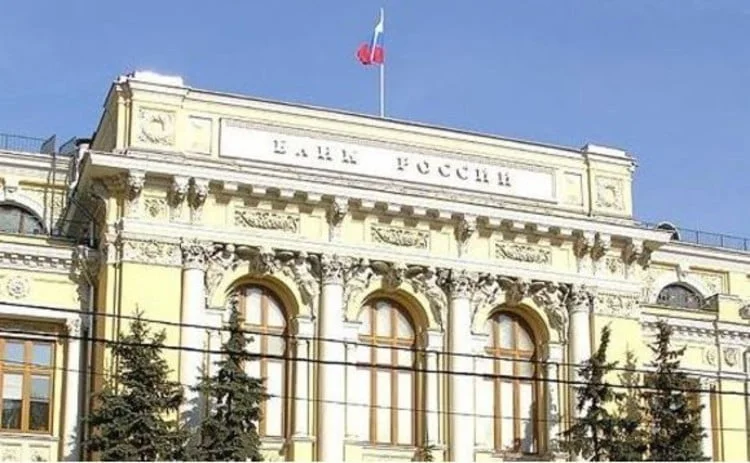The Bank of Russia has reportedly legalized cryptocurrency usage for cross-border payments due to current geopolitical changes.

According to the local news outlet TASS, the Russian central bank has been rethinking the approach to regulating cryptocurrency and has reached an agreement with the finance ministry to legitimize cryptocurrency for cross-border payments.
According to reports, deputy finance minister Alexei Moiseev stated that the Bank of Russia and the finance ministry anticipate legalizing cross-border cryptocurrency payments soon.
The need for local cryptocurrency services in Russia was emphasized by Moiseev, who pointed out that many Russians use international sites to create cryptocurrency wallets.
This must be done in Russia, the official said, engaging organizations under the central bank’s supervision who are required to adhere to Know Your Customer and anti-money laundering regulations.
Legislators in Russia have long been against the concept of accepting cryptocurrency as payment. A significant crypto regulation called “On Digital Financial Assets” was approved by Russia in 2020, outlawing the usage of cryptocurrencies like Bitcoin (BTC) as payment methods.
Since the Russian ruble is the only form of legal tender in the nation, the Bank of Russia has been wary of the idea of cryptocurrency payments.
In Russia, the concept of using cryptocurrencies as a form of payment first emerged in late 2021. Then, Russian President Vladimir Putin remarked that using cryptocurrency for trading energy resources like oil and gas was “still premature.”
Following Russia’s invasion of Ukraine, the situation appears to have shifted due to economic penalties from the West. The Minister of Industry and Trade stated in May that Russia would “sooner or later” authorize cryptocurrency payments.
Elvira Nabiullina, head of the Bank of Russia, later said that cryptocurrency might be used for international payments—but only provided it doesn’t enter Russia’s domestic financial system.
Moiseev claims that the central bank has reevaluated how it intends to control the sector “given that the situation has altered.” The planned infrastructure, he continued, is “too stiff” to support the usage of cryptocurrencies in international payments. Which we undoubtedly need to legalize in some way, he added.
